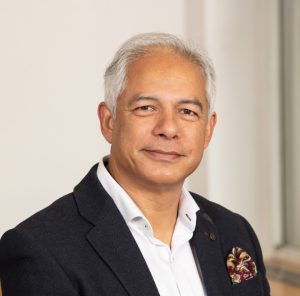“Giving is not just about making a donation, it’s about making a difference”
Everyone donates time and money for different reasons. For the wealthy, problem solving is a major motivation to donate to a charitable cause. So concludes the recent study, Transforming Partnerships with Major Donors, by Leadership Story Lab. This report also identified key areas where small changes in managing major donors can reap large benefits for non-profit organisations.
Wealthy donors want to know if you can effectively deliver for your cause. They see their gifts or donations as working to provide solutions to important problems. Thus, evidence of social impact created by their donations persuades such donors that their money was well spent.
Instead of generic appeals, gala attendance, or glossy annual reports, then, wealthy donors prefer a more personalised approach.
3 Changes to Your Major Donor Approaches
Be Personal
Major donors do not appreciate one-size-fits-all approaches. A history of your organisation’s accomplishments and how wonderful it is will not work. If your donor is interested in a particular program – say, paying for the Quran hifz classes of 20 children – then their information needs are going to be different. To build a genuine personal relationship you have to be specific with donor communication. It is critical to understand your donors by asking questions about how and why they became involved, and what their charitable aims are.
It is important that you speak directly to them about their preferred area of donation. Explain to the donor what is involved in managing a hifz class, what is taught, how things are taught, etc. Detailing your need for new carpets for the mosque serves little value to a donor only interested in supporting a hifz class.
Build a Relationship
This is a must! If you do not build relationships with your donors, every request for donations becomes cold and transactional. I personally make sure to meet people in person, as well as call them beyond asking for donations. It yields great results.
Major donors like being engaged in something transformational. They need to be connected to like minded people who share their values; to feel like part of your community.
Focus on High Impact through Storytelling, not Dollars
Just asking for money in every communication is a turn off, and can result in your organisation losing wealthy donors. People of affluence are interested in what impact their donations have on your organisation, and how these can help drive change in people’s lives. They are inherently driven by passion.
Passion is inspired through good use of storytelling. If the donor can understand and appreciate a specific pain, they then feel more motivated to do whatever is required to prevent that pain. To tell such stories, show more and tell less. Use images, descriptive narratives, and videos. Paint a clear picture of the matter at hand. Convince the donor that there is a change worth striving for, and that they are capable of doing just that.
One last point
Donors want to take an active role in how their money is spent. This is a good thing! Active donation leads to greater engagement, which in turn results in greater loyalty and passion.


